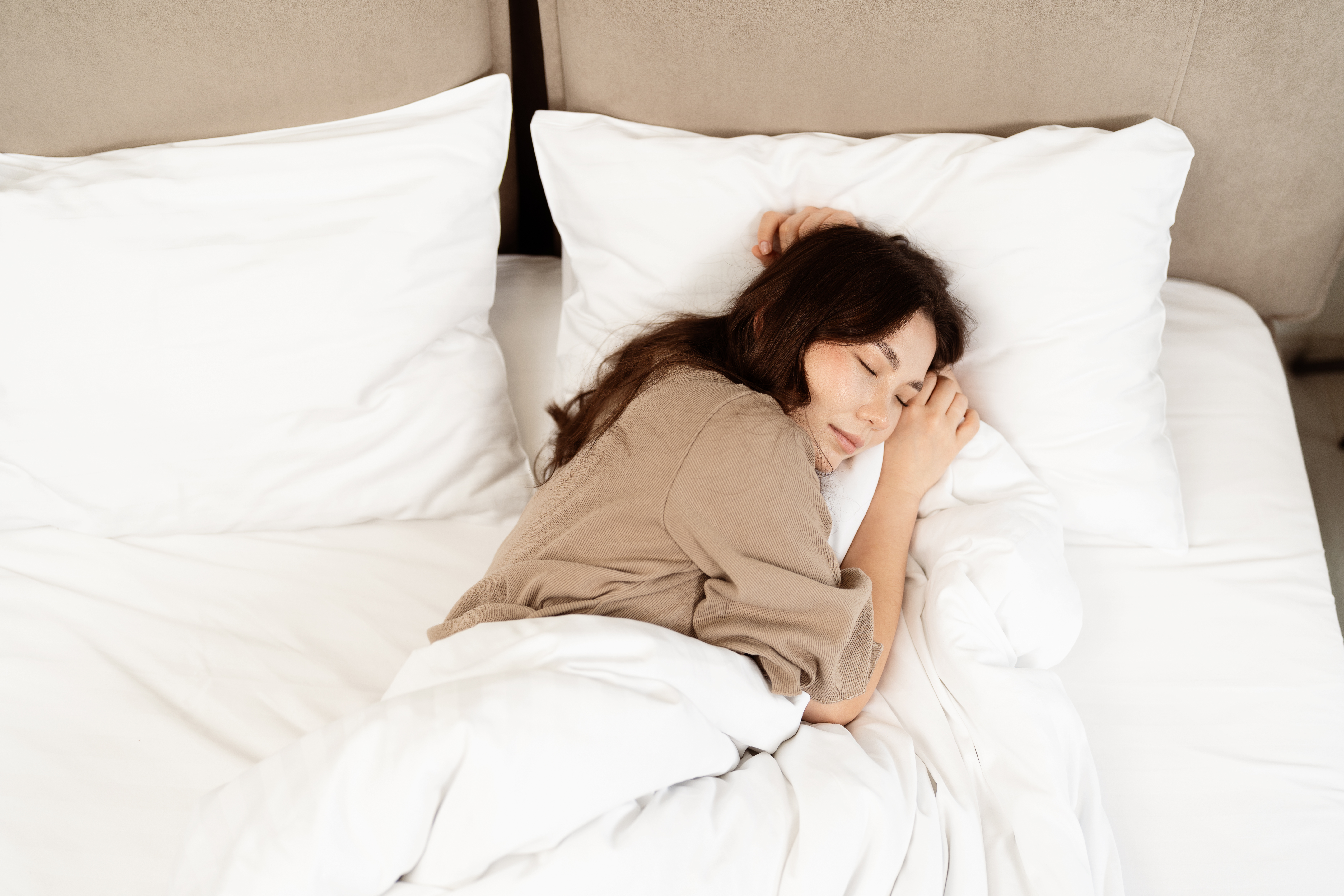20 Natural Sleep-Inducing Habits That Help You Gently Drift Into Dreamland
7. Creating a Sleep-Inducing Environment

The environment in which you sleep plays a significant role in the quality of your rest. A sleep-inducing environment is one that is cool, quiet, and dark, free from distractions and discomfort. Start by assessing your bedroom setup; your mattress and pillows should provide adequate support and comfort, and your bedding should be conducive to maintaining a comfortable temperature. Consider using blackout curtains or an eye mask to block out unwanted light, and earplugs or a white noise machine to drown out disruptive sounds. The temperature of your room can also affect your sleep; most people sleep best in a slightly cool environment, around 60 to 67 degrees Fahrenheit. Additionally, incorporating calming scents, such as lavender or chamomile, through essential oils or candles can further enhance relaxation. By tailoring your sleep environment to your preferences, you create a personalized sanctuary that invites rest and rejuvenation, setting the stage for a peaceful night's sleep.
8. Embracing Nature's Calming Effects

Nature has a profound ability to calm the mind and body, making it a powerful ally in promoting sleep. Spending time in natural settings, whether it's a park, garden, or forest, can reduce stress, lower blood pressure, and improve mood, all of which contribute to better sleep. The practice of forest bathing, or shinrin-yoku, involves immersing oneself in a forest environment, engaging all the senses to connect with nature. This practice has been shown to reduce cortisol levels and enhance relaxation, making it an excellent pre-sleep activity. If access to natural spaces is limited, consider bringing elements of nature into your home. Houseplants, nature sounds, and natural materials can create a soothing atmosphere that promotes tranquility. Additionally, exposure to natural light and fresh air during the day can help regulate your sleep-wake cycle, making it easier to fall asleep at night. By embracing nature's calming effects, you can enhance your sleep quality and overall sense of well-being.
